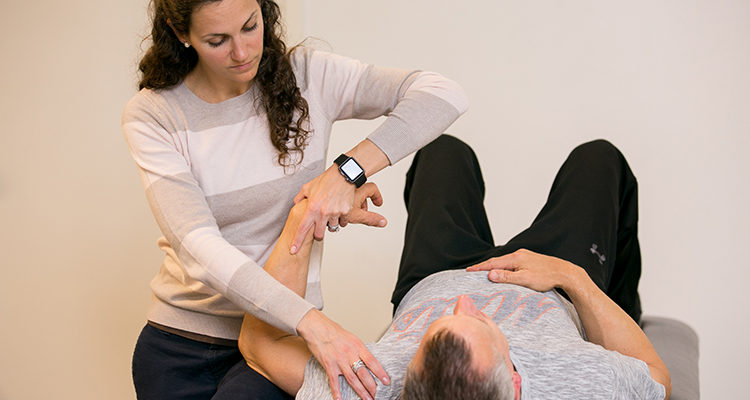When you work with a chronic pain specialist in London, you will most likely be offered a tailored treatment plan to help relieve your pain. However, you may also be given some advice about managing your chronic pain condition at home.
Here are some top tips that are often given to chronic pain sufferers to help them better manage their condition and keep themselves healthy, mobile and as comfortably active as possible.
Take regular, gentle walks
Although you may be tempted to rest a lot to get relief from your chronic pain, going for a daily walk can help to keep your body and mind active as well as helping to keep your pain at bay.
Walking can be one of the easiest and simple methods of regular exercise you can do. Exercise releases endorphins, which act as natural painkillers in the body. A gentle 20 to 30-minute walk each day can help to keep your joints mobile and your muscles toned.
Get plenty of sleep
While it can often be difficult to sleep well while suffering from chronic pain, anything you can do to improve your quality of sleep will help with the management of your pain. Getting enough sleep helps to reduce pain and not sleeping enough can make your condition worse.
If you are having real trouble sleeping because of your condition, speak with your chronic pain specialist as they can help you. It may be that you need a better quality mattress on your bed or using support pillows to get into a better position for sleeping will help.
Although getting enough rest is important, it helps to avoid sitting or lying still for long periods because this will encourage poor circulation and stiff joints, which can increase your pain.
Keep your mind active
When you are absorbed in interesting activities it can keep your mind off your pain. To help you not think of your pain you can try engaging in some activities to keep your mind busy, such as reading a gripping book, playing strategy board games with your family, or watching interesting documentaries on the TV to keep your mind engrossed.
Improve your diet
Many chronic pain conditions can be worsened by eating inflammatory foods. It can help to keep a food diary for a couple of weeks to note down how you react after eating certain foods. This way you can more easily pinpoint and avoid those foods that you react to.
Some inflammatory foods to avoid are grains, nuts, high-oxalate vegetables, sugary food and drinks and seed oils. Drinking too much alcohol can also trigger pain in some patients, so if you do drink, try abstaining from alcohol for a month to see how it may be affecting you. If you feel a lot better without
Meditation, breathing and mindfulness
Deep breathing exercises, meditation and mindfulness can help to release tension and stress, which can help to reduce pain levels. You can go online and find plenty of free tutorials and videos to learn deep breathing techniques and meditation that you can practice each day.
The great thing about deep breathing and meditation is that it is easy to do anywhere and it is free! Learning about mindfulness and becoming aware of your surroundings can help to ground you and your emotions, thus helping to control your pain levels that can be raised through anxiety and stressful thoughts.
For more severe and persistent chronic pain, it can be worth looking at surgery for a more permanent solution. Talk to your chronic pain specialist about your options before deciding to take the surgery path.








Comments